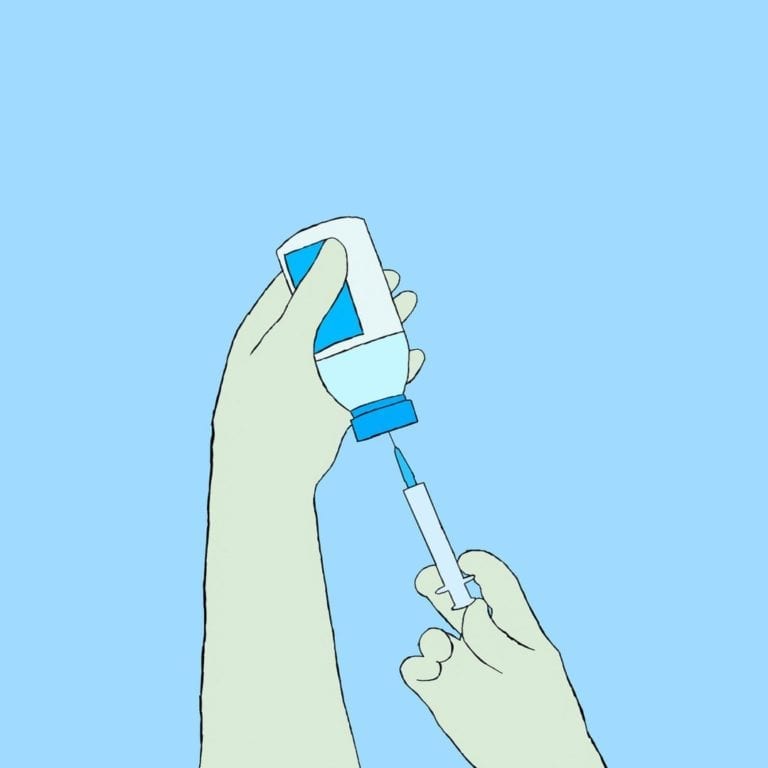Sometimes, it can be difficult to spur drug development for rare or life-threatening diseases, considering the number of patients. To address this, and improve patient outcomes, the FDA developed the Orphan Drug program. Orphan Drug designation helps facilitate the development and review of treatments for patients with rare diseases, or those affecting under 200,000 Americans. As a result, drug developers also receive incentives, from fee waivers and tax credits to increased regulatory assistance and 7 years of market exclusivity (upon approval). According to a September 27 news release from ImmunoForge, PF1801 recently received Orphan Drug designation for the treatment of polymyositis.
According to ImmunoForge, PF1801 is:
a novel long-acting GLP-1 (glucagon-like peptide-1) receptor agonist. GLP-1 receptor activation may have a potential therapeutic application as a treatment for diseases that involve muscle atrophy and muscle wasting.
This is an exciting step for patients with polymyositis. Moving forward, ImmunoForge will work to start an Investigational New Drug (IND) application through a pre-IND meeting. In the past, PF1801 also received Orphan Drug designation for another indication as well: Duchenne Muscular Dystrophy (DMD).
Polymyositis
Polymyositis is an inflammatory muscle disease (inflammatory myopathy) which can cause muscle weakness throughout the body. It often causes progressive muscle weakness in the hips, neck, shoulders, thighs, and upper arms – and affects both sides of the body at the same time. In this inflammatory myopathy, the immune system mistakenly attacks muscle fibers. Typically, polymyositis affects those older than 18, with symptoms often manifesting in patients aged 30-50s. Additional risk factors include being Black, being female, having another autoimmune condition, viral infections, or drug exposure. Symptoms include:
- Difficulty climbing stairs or rising from a seated position
- Joint pain
- Gradually worsening muscle weakness in muscles near the trunk
- Raynaud’s phenomenon
- Unintended weight loss
- Fever
- Patchy red or violet rash, often around the eyes
- Fatigue
- Difficulty lifting objects or reaching overhead
Additionally, some complications associated with polymyositis may occur. These include:
- Difficulty breathing or swallowing
- Malnutrition
- Shortness of breath and/or respiratory failure
- Aspiration pneumonia
Learn more about polymyositis.






